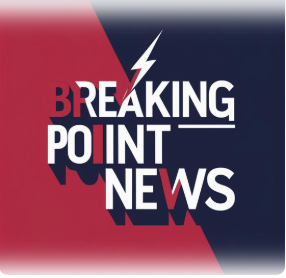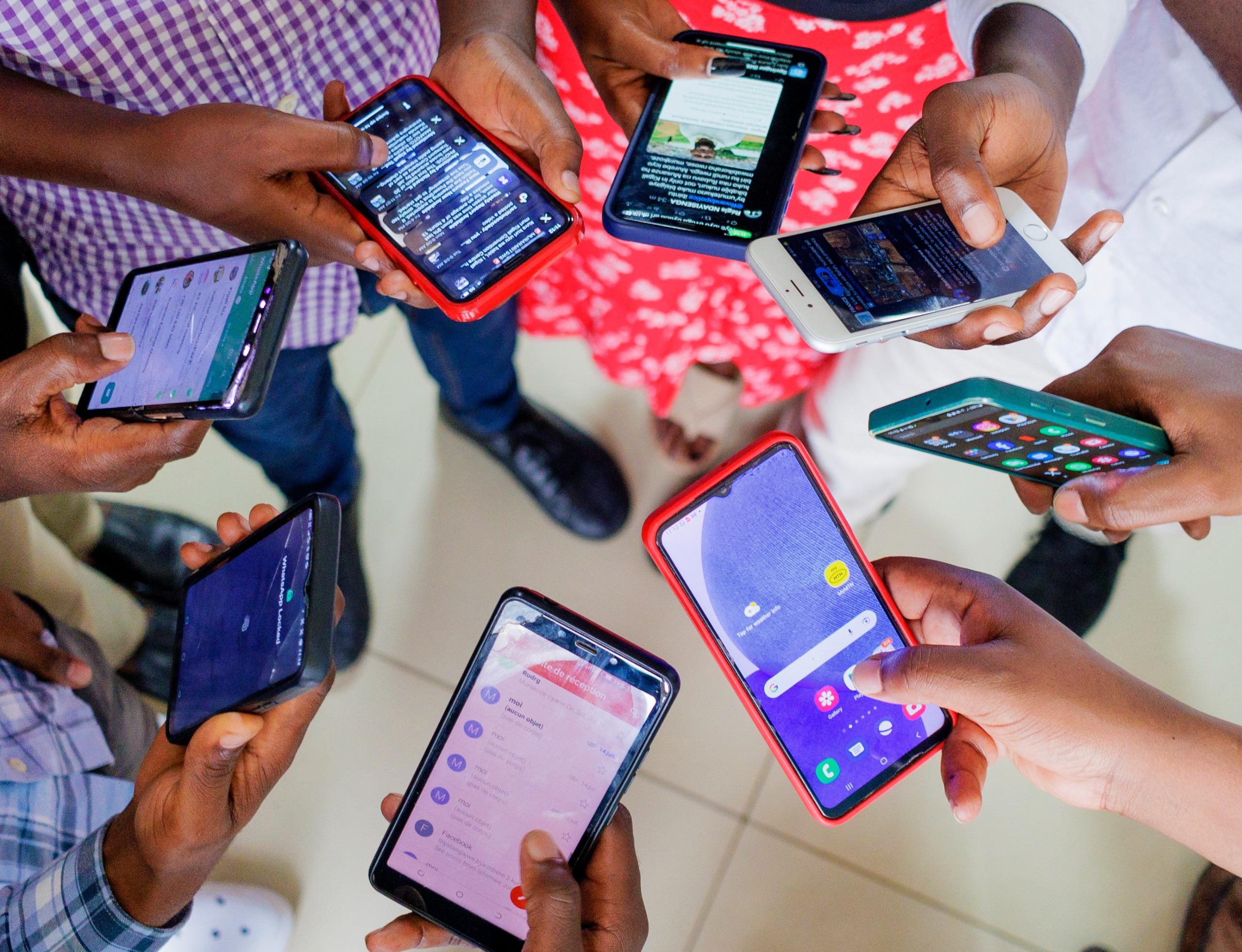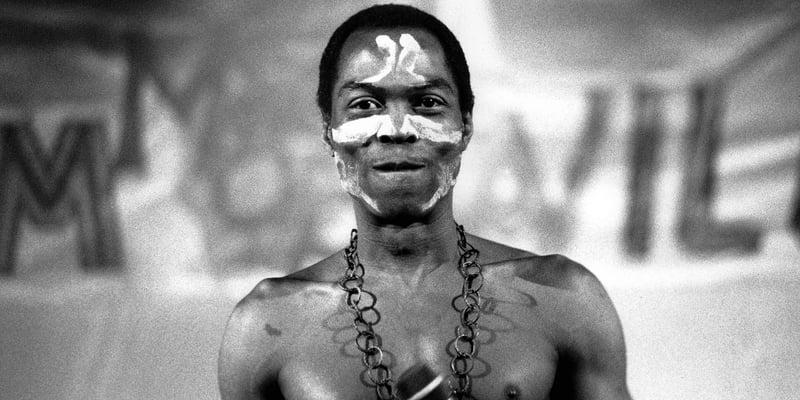From Borders to Bytes: A Personal Wake-Up Call
As a young entrepreneur based in Lagos, I’ve long dreamed of doing business seamlessly across Africa. I pictured hopping on a flight to Kigali for a tech summit, collaborating with designers in Nairobi, and selling to clients in Johannesburg, all without visa issues, paperwork nightmares, or exchange rate headaches.
For years, that dream felt distant. But in 2025, something is changing fast.
The Pan-African digital identity movement is quietly laying the foundation for a truly borderless Africa. Through a combination of mobile-first ID systems, payment interoperability, and blockchain innovation, we’re witnessing a silent revolution where technology, rather than treaties, is fostering African unity.
This isn’t just policy talk. It’s personal. It’s about how we, as everyday Africans, will live, work, and thrive beyond borders.
What Is a Pan-African Digital Identity?
Simply put, a digital identity is an electronic record that proves who you are, often verified by your biometrics, phone number, or official documents. But in the Pan-African context, it’s more than that. It’s a passport to participation in a growing, interconnected economy, whether you’re a street vendor in Kampala or a startup founder in Accra.
Pan-African digital identity means:
- You can open a bank account in another African country without physical documents
- You can access education or telemedicine across borders
- You can vote (digitally) or access social programs securely
- You can work remotely and get paid in local currency with real-time settlements
In 2025, programs like Smart Africa’s Single Digital Market and the Africa Digital Identity Program (with support from the AU and World Bank) are making this a reality.
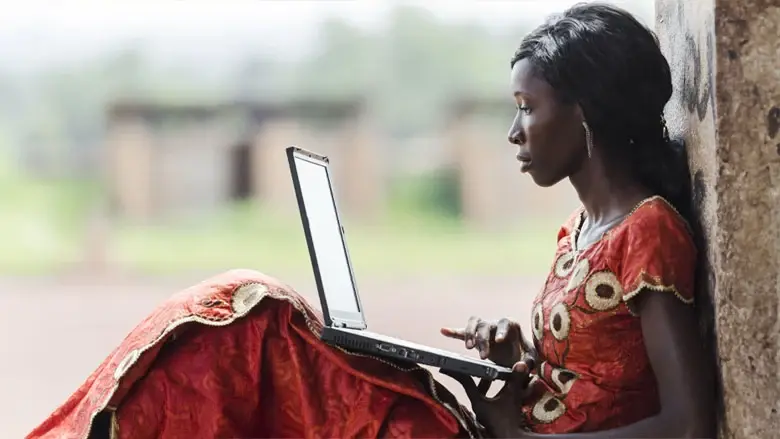
My Experience: A Shift in Trust and Access
Last year, I attempted to open a virtual business account in Ghana while I was in Nigeria. It took three weeks, multiple scans of my ID, and several frustrating calls. This year, I used a pilot platform linked to a regional digital ID verification system, and it took just 20 minutes.
I realized: this is bigger than tech. It’s about trust. Trust that I am who I say I am, even if I’m across the continent. And trust that my African identity is enough, not a Western passport, not a pile of paperwork.
Success Stories from Across the Continent
Let’s zoom out. Here’s how digital identity is transforming lives in different corners of Africa:
🇷🇼 Rwanda – Seamless Service Access
Rwanda’s Irembo platform allows citizens to access government services online using their national ID number. This e-ID is now part of a broader East African Community initiative for shared services. Entrepreneurs register businesses, pay taxes, and get loans online.
🇪🇹 Ethiopia – Fayda Digital ID
The Fayda (meaning “value” in Amharic) is Ethiopia’s biometric digital identity system, now being scaled for financial services and social safety nets. It promises secure access to healthcare and e-payments, even for those without formal education or a fixed address.
🌍 Smart Africa: The Bigger Vision
With backing from 38 African countries, Smart Africa is building a continental digital ID and data exchange framework. Their mission is to create a Single Digital Market for Africa, a space where technology can flow as freely as people and ideas.
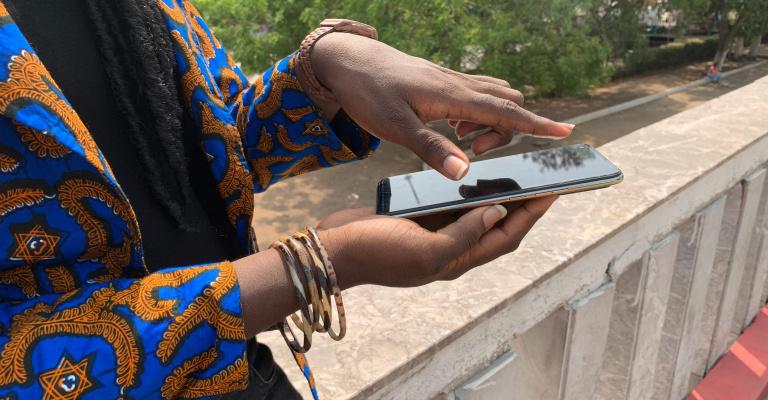
Diaspora Dreams: Reconnecting with Home Digitally
What excites me most is what this means for the African diaspora. I have cousins in London and Atlanta who send money home monthly but often feel disconnected. With a Pan-African digital ID, they could one day:
- Invest in land or businesses in Africa securely
- Access Afro-centric fintech tools like cross-border remittances without high fees
- Reclaim African identity beyond ancestry kits, digitally, legally, and socially
The diaspora is Africa’s sixth region, and this technology is a bridge back home.
The Blockchain Factor: Transparency Meets Identity
Africa is also leapfrogging into blockchain-based ID systems, offering tamper-proof records for education, land, and even voting.
Startups like Jolocom (in Kenya) and Wala (in South Africa) are developing decentralized identity tools that securely store credentials and give users control over their data. Imagine proving your diploma from Makerere or your title deed from Lusaka instantly and without a physical paper trail.
Blockchain is adding security, sovereignty, and scalability to the identity conversation, three things Africa has historically lacked due to colonial-era systems and mistrust of institutions.
What Are the Challenges?
Of course, it’s not all smooth sailing.
- Digital literacy is still low in many rural areas
- Data privacy laws across countries vary wildly
- Infrastructure gaps (like electricity and internet) persist
- There’s mistrust of government surveillance, especially in authoritarian states
But here’s the truth: we’ve overcome worse. And in many ways, these challenges are opportunities to build it better, African-led, ethically designed, and inclusive from day one.
Youth & Innovation: Why This Matters to Our Generation
As a 30-year-old digital creator, I believe this is our generation’s mission. Unlike our parents, we don’t just want unity in slogans; we want it in systems. We want to:
- Travel across Africa without feeling like foreigners
- Work and get paid without PayPal middlemen
- Own our digital data and identities without exploitation
The rise of Pan-African digital identity is more than a policy; it is the infrastructure for a new Pan-African consciousness, fueled by technology.
What You Can Do
So, what’s next? Here’s how we can all be part of this transformation:
✅ Check your country’s digital ID initiatives – Are they part of the Africa Digital Identity Program? Can your ID work across borders?
✅ Join the conversation – Follow organizations like Smart Africa, AfriLabs, or ID4Africa. Participate in webinars and public consultations.
✅ Build with this in mind – If you’re a tech founder, think beyond borders. Can your platform serve Ghana and Tunisia? Can it integrate with PAPSS or regional IDs?
✅ Advocate for ethical use – Push your government and tech firms to respect user privacy and prevent misuse of digital IDs.
The Borderless Future Is Now
The rise of Pan-African digital identity is one of the most hopeful signs that African unity is shifting from rhetoric to reality, and from aspiration to action.
In 2025, we’re closer than ever to an Africa where borders don’t limit potential, where identity doesn’t require foreign validation, and where a young entrepreneur in Bamako can collaborate with one in Nairobi as easily as New Yorkers and Californians do.
It won’t be perfect. But it will be ours.
And for the first time in a long time, I believe in that future, not just in theory, but in code.
Leave a comment
Your email address will not be published. Required fields are marked *
